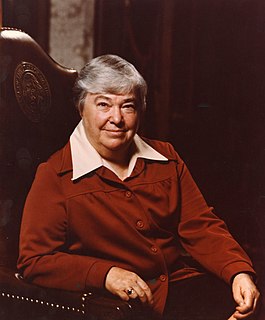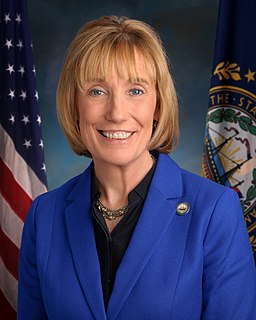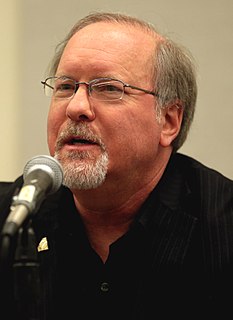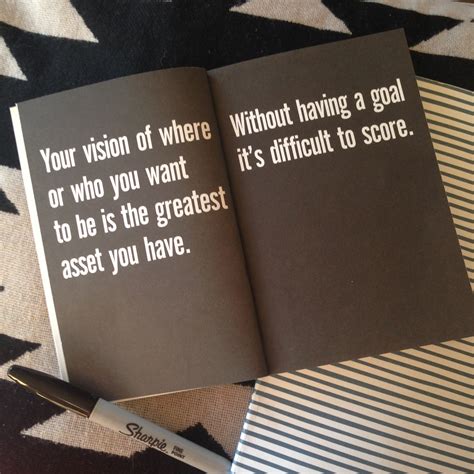A Quote by Dixie Lee Ray
We need to ask our policy makers and those we elect to office who are supposed to make decisions to give us the evidence of the facts that are behind the decisions that we make. We should be skeptical.
Related Quotes
We have to help decision makers realize that women's reproductive health rights are civil rights and that women need to be free to make the same decisions that men are free to make with regard to health care and whether and when to have a family. It's going to be increasingly important for women to speak up not only about being able to make our own decisions, but also about the importance of being trusted to make our own decisions.
If we all make systematic mistakes in our decisions, then why not develop new strategies, tools, and methods to help us make better decisions and improve our overall well-being? That's exactly the meaning of free lunches- the idea that there are tools, methods, and policies that can help all of us make better decisions and as a consequence achieve what we desire-pg. 241
There are times where I'd say the Oval Office, you use to gather the facts. The decisions you probably make late at night, or at least I do. But there are some times where you think you've made a decision, but during that walk, where you're announcing the decision, you've just got to make sure that, you're prepared to live with it, because as you know George, a lot of these decisions are not - the outcomes are uncertain.
The most basic principle to being a free American is the notion that we as individuals are responsible for our own lives and decisions. We do not have the right to rob our neighbors to make up for our mistakes, neither does our neighbor have any right to tell us how to live, so long as we aren’t infringing on their rights. Freedom to make bad decisions is inherent in the freedom to make good ones. If we are only free to make good decisions, we are not really free.
Facts are neutral until human beings add their own meaning to those facts. People make their decisions based on what the facts mean to them, not on the facts themselves. The meaning they add to facts depends on their current story … facts are not terribly useful to influencing others. People don’t need new facts—they need a new story.

































